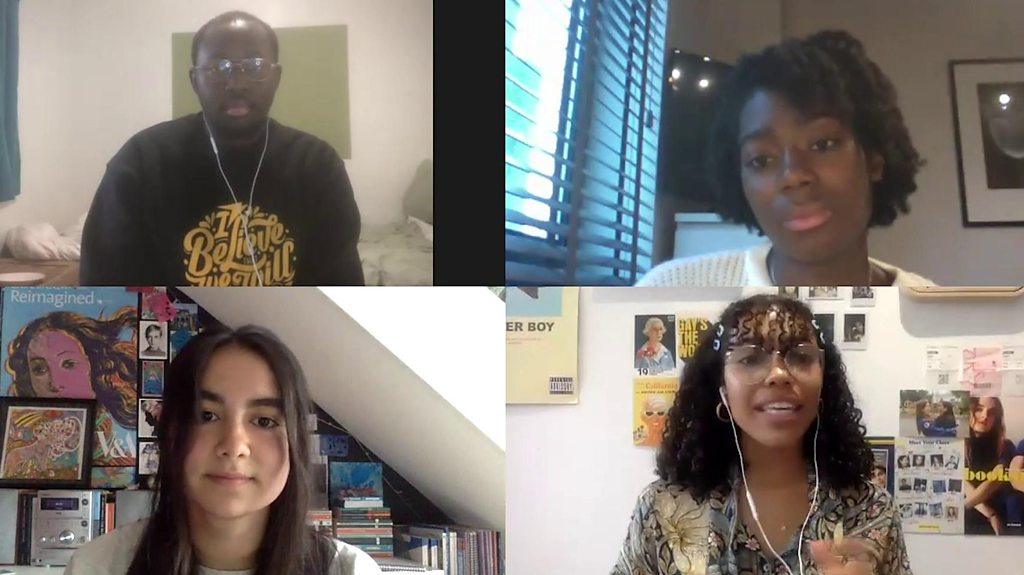Channel 4 also did the same thing recently.
What interests me is what a 'politically impartial' stance might actually look like in the classroom. And also, what an 'uncontested fact' is?
As a former teacher of Philosophy and Religious Studies, up until last year when I retired, I was tasked with looking at equality as an ethical issue as part of the A Level course that I was teaching. This basically entailed exploring the ideas (and sometimes the theology) of advocates of racial and gender equality like, for example, Martin Luther King Jr., Malcolm X (after his conversion to mainstream Islam and Hajj) and the less well-known but no less significant James Cone. With gender equality, it was authors like Simone de Beauvoir and Mary Daly.
I also got my students to look at the furore surrounding an article by the philosopher George Yancy. For more on that see here.
If you are white, and you are reading this letter, I ask that you don’t run to seek shelter from your own racism.
opinionator.blogs.nytimes.com
I’ve received hundreds of racist emails, phone messages, and letters. This is what it’s like to be hated.

www.chronicle.com
For balance, we then studied the philosopher Harry Frankfurt, who argues that equality itself is not a bedrock notion. He thinks that we need to drill down further, and when we do we find that arguments about economic inequality are really about everyone having enough, while debates about the unequal treatment of minorities are essentially about a more fundamental lack of respect.
And that's as far as I got. If I had stayed in the classroom I might have subsequently included a discussion of the thinking of the economist Amartya Sen, who believes that we are in danger of flattening everything into one dimension when it comes to Identity Politics. Instead we should seek to recognise the plurality of our identities as there is more of a chance of establishing common ground and a more inclusive society that way. I don't think he mentions Whitman but this would entail the application of his famously lyrical remark 'I am large, I contain multitudes' to our everyday interactions.
Okay, I am being long-winded here but this is my question: if I had wanted to look at the claim that white privilege is a myth, or that is a concept that is past its sell-by date, or no longer a helpful one, which I understand is a belief maintained in some circles, who should I have been looking at?
I really don't know where to start but would welcome being pointed in the right direction, preferably to reputable academic writing, as I am still interested in following this up.
There is also something else. If I understand her correctly, Badenoch's insistence on political impartiality might have other implications.
For example, I happen to think that Darwin's theory of evolution is an uncontested fact. But others don't, like creationist Christians, or supporters of intelligent design. So does this mean that space in biology textbooks should be devoted to creationist thinking to achieve greater impartiality in the teaching of science?
Moving back into politics again, on the same course I was teaching students are required to look at a topic called 'Religion and Terror'.
In teaching that topic, should I assume that acts of terror are always and in every situation immoral? Or, for the sake of impartiality should I be exposing sixth formers to justificatory concepts like that of
qisas in Salafi-Jihadist theology, or perhaps the ideas of Ted Honderich, a philosopher whose views on free will and determinism are specifically referred to elsewhere in the textbooks and who has also controversially stated that, '..the Palestinians have had a moral right to their terrorism as certain as was the moral right, say, of the African people of South Africa against their white captors and the apartheid state'?
Apologies for taking this thread a little off-topic.





